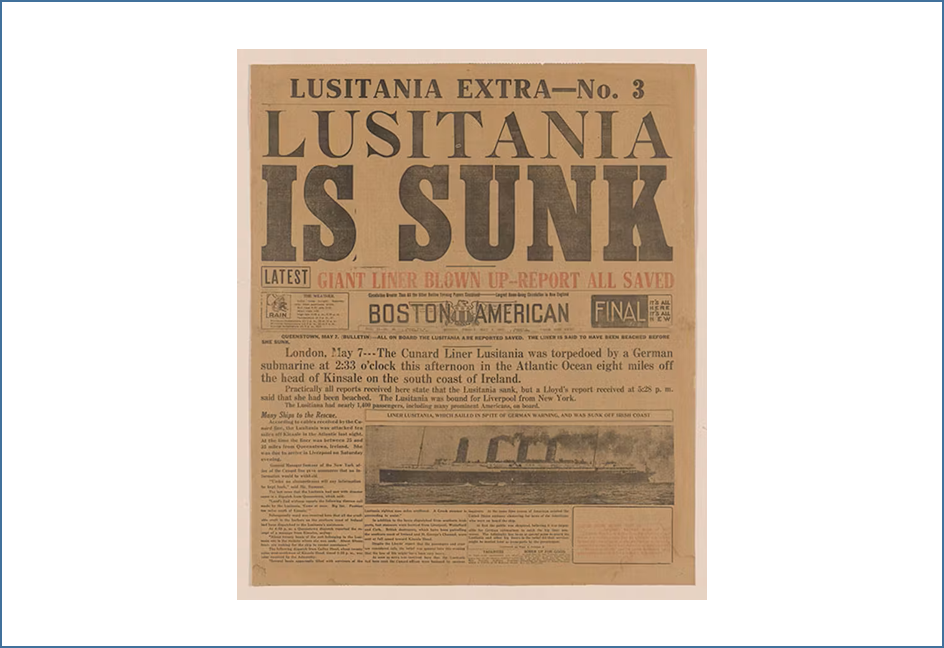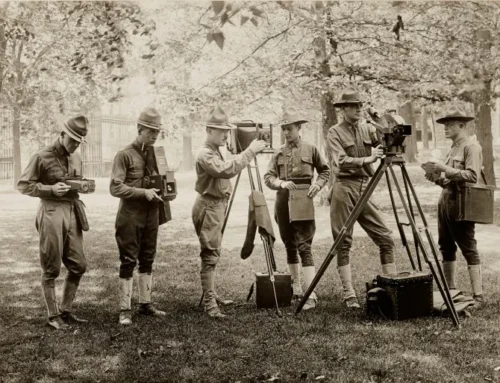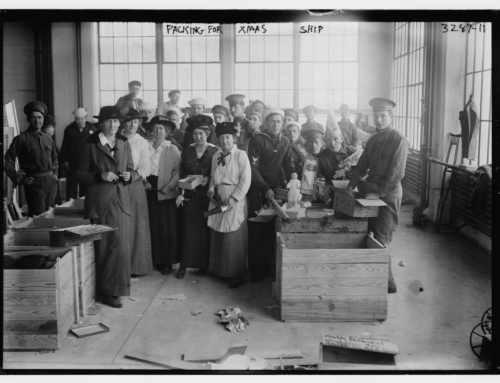How allies have helped the US gain independence, defend freedom and keep the peace – even as the US did the same for our friends
Published: 20 February 2025
By Donald Heflin
via The Conversation website

Lusitania
A Boston newspaper headline in 1915 blares the news of a British ocean liner sunk by a German torpedo. Serial and Government Publications Division, Library of Congress
America largely found itself protected from the outside world’s problems until World War I
Make Canada angry. Make Mexico angry. Make the members of NATO angry.
During the first few weeks of the second Trump administration, President Donald Trump, Vice President JD Vance and Defense Secretary Pete Hegseth said a lot of things about longtime allies that caused frustration and outright friction among the leaders of those countries.
Trump and Vance indeed appear to disdain close alliances, favoring an America First approach to the world. A New York Times headline characterized the relationship between the U.S. and Europe now as “A Strained Alliance.”
As a former diplomat, I’m aware that how the U.S. treats its allies has been a crucial question in every presidency, since George Washington became the country’s first chief executive. On his way out of that job, Washington said something that Trump, Vance and their fellow America First advocates would probably embrace.
In what’s known as his “Farewell Address,” Washington warned Americans against “entangling alliances.” Washington wanted America to treat all nations fairly, and warned against both permanent friendships and permanent enemies.
The irony is that Washington would never have become president without the assistance of the not-yet-United-States’ first ally, France.
In 1778, after two years of brilliant diplomacy by Benjamin Franklin, the not-yet-United States and the Kingdom of France signed a treaty of alliance as the American Colonies struggled to win their war for independence from Britain.
France sent soldiers, money and ships to the American revolutionaries. Within three years, after a major intervention by the French fleet, the battle of Yorktown in 1781 effectively ended the war and America was independent.
Isolationism, then war
American political leaders largely heeded Washington’s warning against alliances throughout the 1800s. The Atlantic Ocean shielded the young nation from Europe’s problems and many conflicts, and America’s closest neighbors had smaller populations and less military might.
Aside from the War of 1812, in which the U.S. fought the British, America largely found itself protected from the outside world’s problems.
That began to change when Europe descended into the brutal trench warfare of World War I.
Initially, American politicians avoided becoming involved. What would today be called an isolationist movement was strong, and its supporters felt that the war in Europe was being waged for the benefit of big business.
But it was hard for the U.S.to maintain neutrality. German submarines sank ships crossing the Atlantic carrying American passengers. The economies of some of America’s biggest trading partners were in shreds; the democracies of Britain, France and other European countries were at risk.
→ Read the entire article on The Conversation website.
External Web Site Notice: This page contains information directly presented from an external source. The terms and conditions of this page may not be the same as those of this website. Click here to read the full disclaimer notice for external web sites. Thank you.



